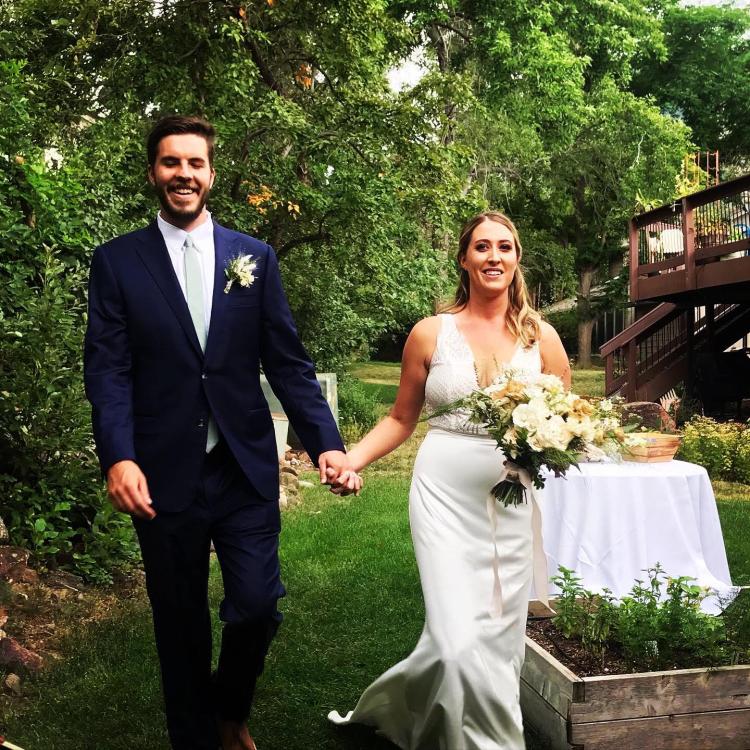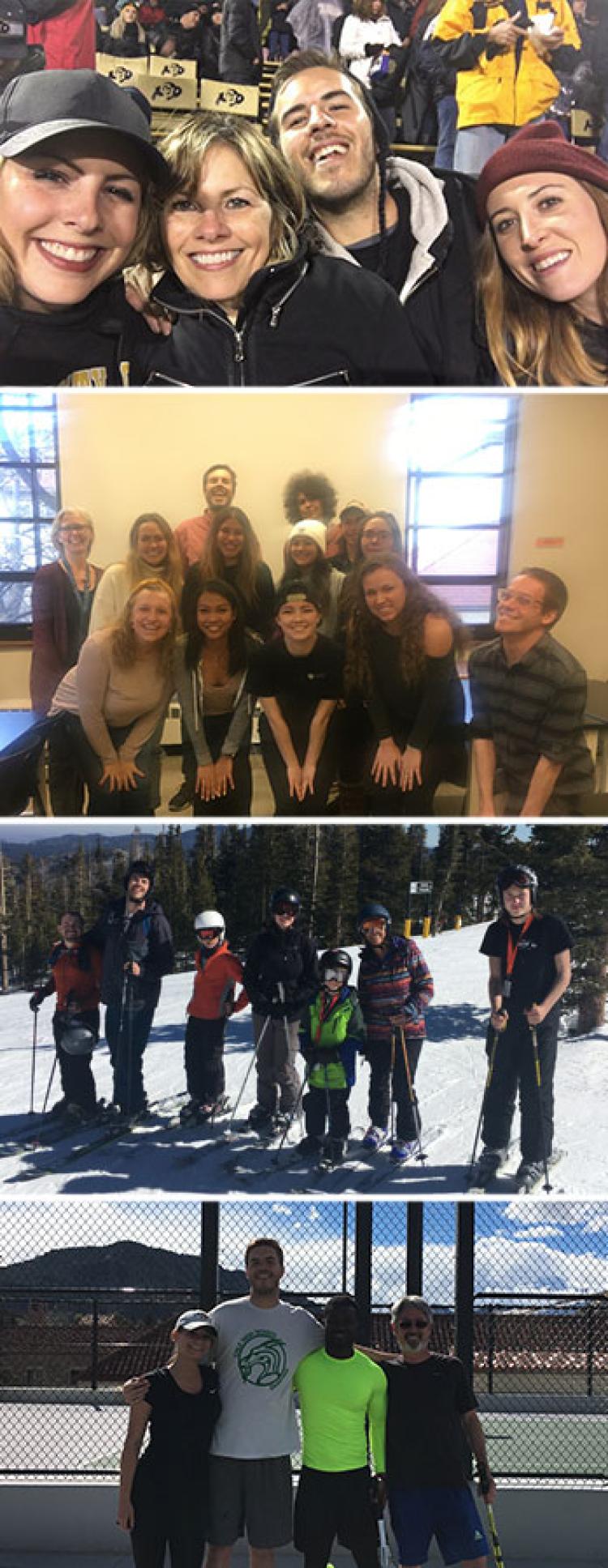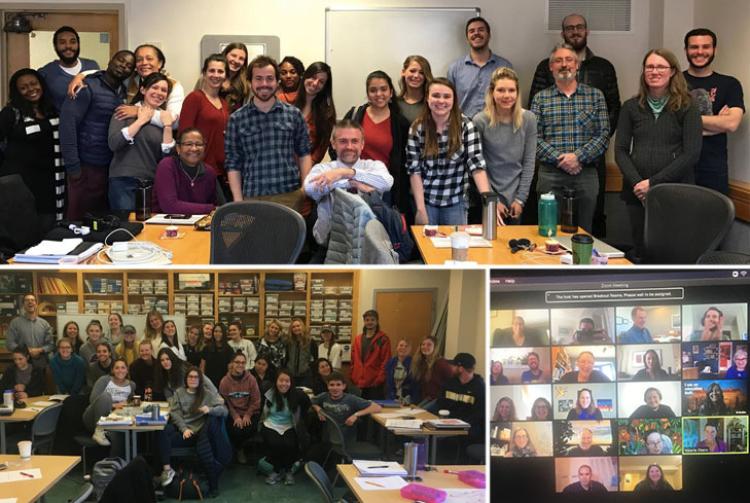Meet Will Lindsay, a teacher turned researcher looking to broaden STEM education
Will Lindsay comes from a long line of educators and CU Boulder alumni. Naturally, he followed in the footsteps of his family members and became a high school science teacher in Colorado Springs and later Denver after graduating from Colorado College. He loved teaching, but he could not shake the desire to change science education at the system level, which led him to doctoral studies in STEM education in the CU Boulder School of Education.

I am motivated by the potentially millions of students and educators whose experiences learning science may improve with free access to research-based instructional materials that promote equity, empowerment, interest, and students figuring out scientific knowledge for themselves."
“As a classroom teacher, I became frustrated with a lack of systemic support for the implementation of research-based science instruction, especially in schools serving students from historically minoritized groups,” he said.
“I decided to enter a PhD program to learn more about supporting wide-scale science education reform. CU Boulder was the only program I applied to, and I was thankfully matched with a program and advisor that always promoted my interests and personal growth.”
Lindsay’s advisor, Valerie Otero, an accomplished researcher and professor of STEM education, said that working with Lindsay and growing together has been a highlight of her career.
Lindsay is known as a consummate teacher educator, who creates empowering learning environments, where students learn to advocate for themselves using evidence and consensus rather than appealing solely to the textbook and teacher for answers. His impressive work with teacher candidates is one of the many reasons he was selected for the Outstanding Graduate Award for Teaching by the School of Education faculty.
His humanistic approach to teaching also shows up in his research on institutional change, where he rejects traditional notions of success and failure in education reform and repositions reform into a realistic, ongoing, and human experience.
Lindsay applied these perspectives to his work with Otero and the Learning Assistant (LA) Program, for undergraduate students who use research-validated teaching and pedagogical techniques to facilitate student discussions and active engagement in STEM courses. Recognizing the particularly significant need to build community following the disruptions caused by the COVID-19 pandemic, Lindsay established a program for returning Learning Assistants and hosted biweekly professional learning sessions. The program was such a success that it will continue after he graduates.
Lindsay’s family of educators has always been supportive, and they are proud to see him become the first in his extended family to earn doctoral degree. He is grateful that his grandmother, a former educator, was able to take part in his dissertation before she passed away recently.
“She was able to read my dissertation and attend my defense, which I know was a great source of pride for both of us,” he said.
Lindsay grew up in Boulder, so his experience has been a homecoming. Every member of his immediate family has a degree from CU Boulder, and that means he has “finally joined the herd,” he said.
Following graduation, Lindsay will continue his work at CU Boulder as a Research Associate for the Institute of Cognitive Science, where he and a team of teachers, administrators, and researchers are developing a high school science curriculum that will be adopted by over 20 states and made freely available to all educators — a dream come true for this teacher turned researcher.
“I am motivated by the potentially millions of students and educators whose experiences learning science may improve with free access to research-based instructional materials that promote equity, empowerment, interest, and students figuring out scientific knowledge for themselves,” he said.
Will’s advice for students

Do not forget the passion that made you apply to your program in the first place, and make sure that passion continues to be reflected in your studies and work. For me, that meant teaching as much as possible while I was a PhD student, even though some academics suggested that I needed to prioritize research and writing.”


